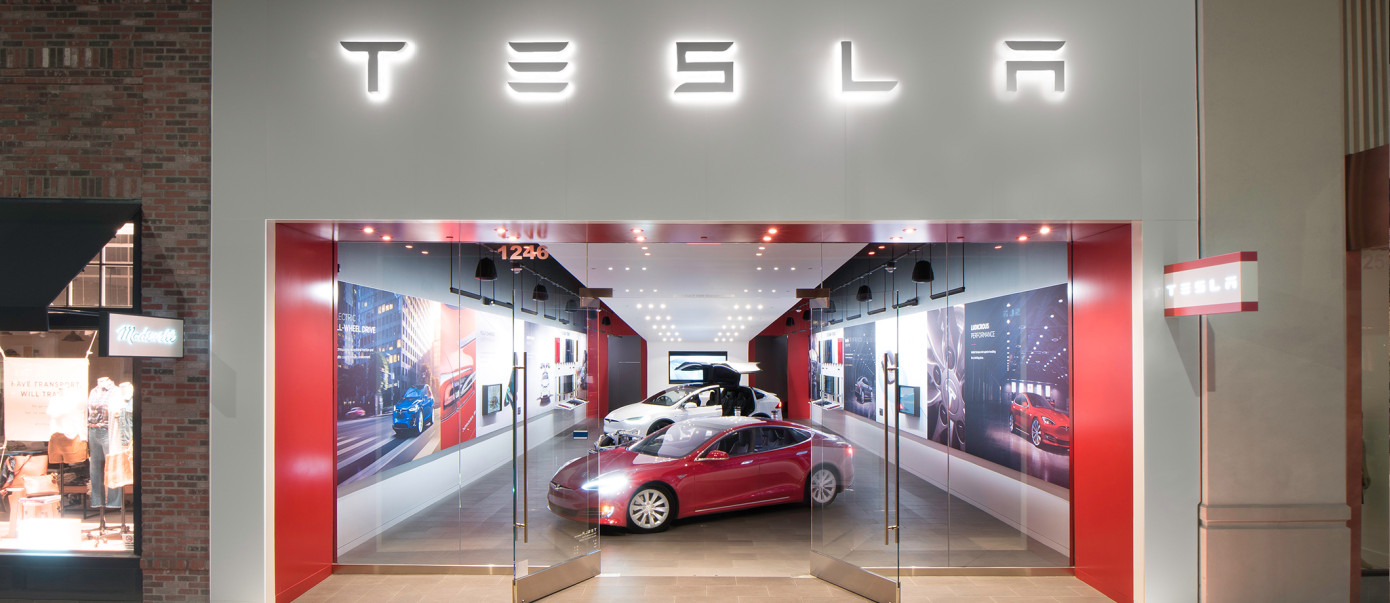Read The Full Article On: Finance
Tesla challenger Faraday Future wants to go from 0 to $20B in sales by selling lots of $180K electric cars
Brian Sozzi·Editor-at-LargeUpdated Mon, February 1, 2021, 3:27 PM·3 min read
Faraday Future aims to put its checkered past in the rearview mirror, and park some money in the bank accounts of investors over the next five years.
The electric vehicle maker said on Jan. 28 it will do a special purpose acquisition company (aka “SPAC”) deal with blank check company Property Solutions Acquisition Corp.
A total of $1 billion in gross proceeds will be provided to the combined company in a deal expected to close in the second quarter. Faraday Future will count Chinese auto manufacturer Geely as a minority investor, and a partner in making electric vehicles (EVs) in the critical Chinese market.
The funds will be used to help Faraday Future bring its $180,000 electric car — dubbed the FF91 Futurist — to market by the first quarter of 2022, according to an investor presentation on its website. The $100,000 FF91 will follow with an expected launch date in the fourth quarter of that year.
Four other electric vehicle models from Faraday (including a mass market vehicle that starts at $45,000) are planned to launch from the second quarter of 2023 to the second quarter of 2025. If all goes according to plan, Faraday forecasts going from no revenue and a $227 EBITDA (earnings before interest, taxes and depreciation) loss in 2021 to a whopping $21.4 billion in sales, and $2.3 billion in EBITDA by 2025.
In fact, Faraday Future’s CEO Carsten Breitfeld says those estimates may be conservative.
“I personally think we can do more than that. But we start with low volumes, scale by 2025 and given how the markets are developing right now it’s absolutely realistic,” Breitfeld told Yahoo Finance Live.
Breitfeld joined Faraday Future in late 2019. He co-founded EV maker Byton, and is the former project manager for the development of BMW’s i8.
To be sure, Faraday’s financial outlook is lofty for at least two reasons.
First is the intense competition in the U.S. electric vehicle market. While Tesla (TSLA) is currently dominating the U.S. EV space, Ford (F) and General Motors (GM) are on the cusp of taking it to the champ with credible offerings of their own.
Meanwhile, the likes of Nio, Xpeng and Li Auto are cleaning up in the Chinese EV market at the moment, and have a clear head-start when compared to Faraday Future.
Secondarily, Faraday Future has a checkered background. The company was founded in 2014 by closely watched Chinese businessman Jia Yueting, who planned to challenge Tesla in the U.S. EV market.
Yet the company never wound up getting cars to market — and instead blew through investor cash amid various operational missteps. Yueting filed for personal bankruptcy in 2019 to deal with a reported $3.6 billion in debt, an issue that has since been resolved. He is now listed as chief product and user officer on Faraday Future’s investor presentation.
“When I came in 16 months ago, we had to do some changes in the company. We focused it more on execution,” Bretfield explained to Yahoo Finance.
“We had to rework the governance and resolve some personnel issues. But now this is all behind us and we are looking forward,” he added.

